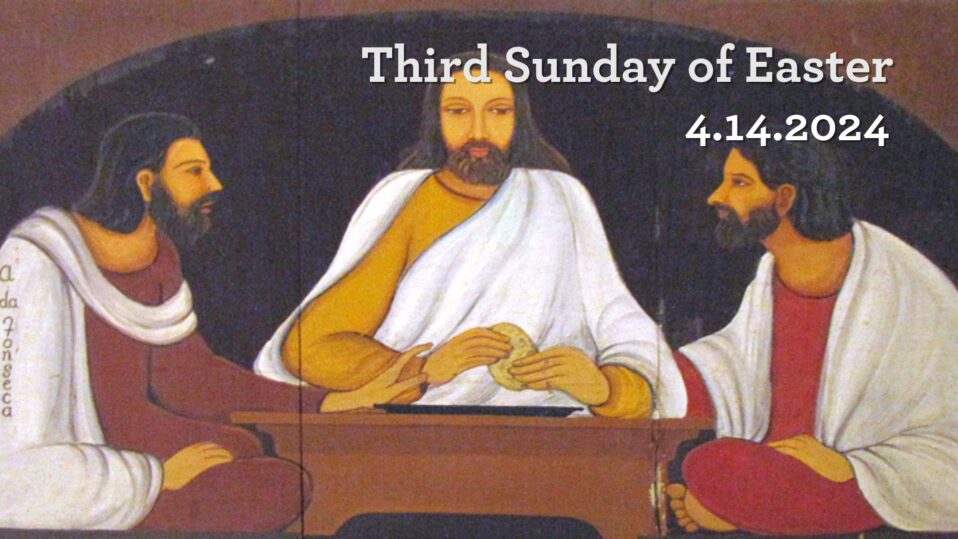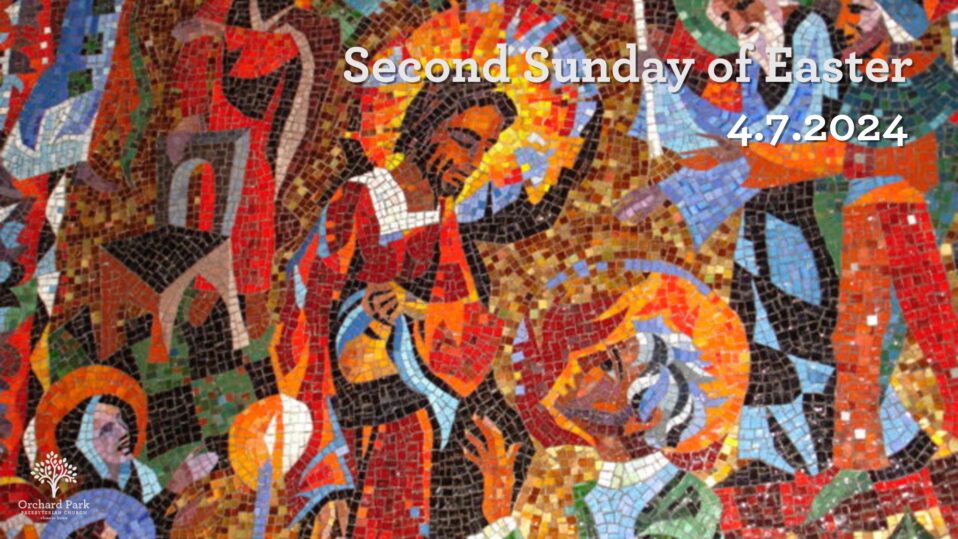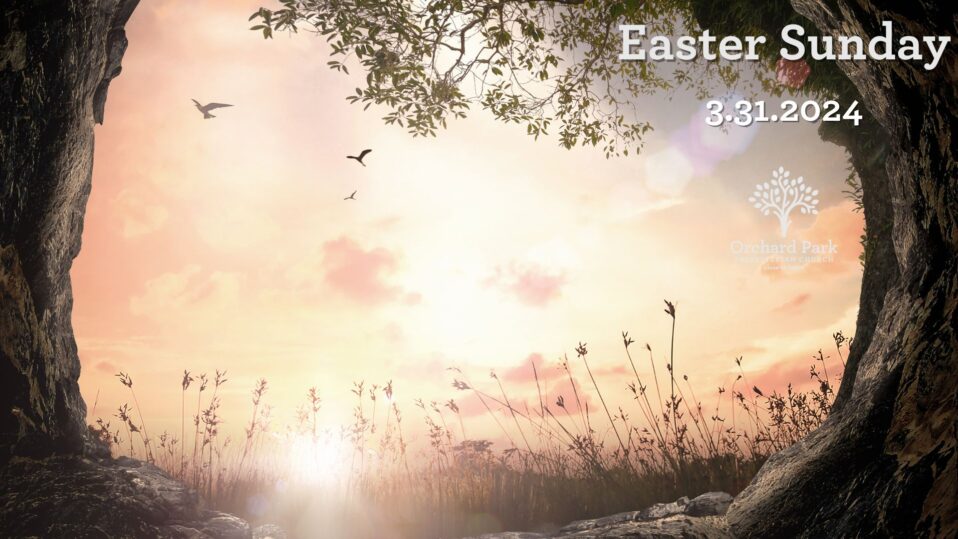Do you ever get song stuck in your head and wish you would stop singing it? Research indicates that 98% of people experience “stuck song syndrome,” scientifically referred to as an “earworm.”
If you derive enjoyment from the song that’s stuck in your head, you may be thankful for your earworm. On the other hand, what if you inadvertently hear a pop song on the radio that you despise, yet it ends up stuck in your head? In this case, you may attempt to eradicate the song from your consciousness, yet no matter what you seem to do – it may remain stuck in a seemingly infinite, repetitive loop and you wish you could sing a new song.
There is a song that comes to my head a lot. It’s a commercial jingle for Coke a cola from 1971. If you were alive then you likely know this song. If you weren’t, lucky enough to hear this gem back then, enjoy –
It’s not a bad song to have in your head, really. The song is about an idyllic society of apple trees and honey bees and lots of high fructose corn syrup. The song was sung by a bunch of young people on a hill top in Italy. Can you imagine that song being sung today? Can you image people standing in Maga hats and rainbow hats and Black Lives matter hats and NRA hats and singing that song? No, today, that is a very old song.
Our Call to Worship this morning is from Psalm 98. It’s actually a hymn, or a song of praise in which the writer proclaims, “Sing to the Lord a New Song, for he has done marvelous things.” It’s interesting the author doesn’t say sing to the Lord a joyful song, or a beautiful song, but rather a new song. To sing something different than the same old song they have been singing. To change perspective, change your tune.
Our scripture reading this morning has a similar message. The book of Isaiah has three sections and spans at least 50 years. Isaiah 65 lands in the third part of the book and were written around the time of the re-establishment of the Jerusalem temple.
Here is simple history of what was happening. The Hebrew people had been in exile in Babylon living as refugees. Those who could remember Jerusalem and the temple as it was, were little children at the time of its destruction, but most people had no memory of the temple. If they chose to return to the temple and rebuild it, they were doing so based on the stories and faith of their ancestors. Isaiah is an advocate of going back and rebuilding the temple and re-establishing Jerusalem. The vision is a picture of an ideal restoration, where the exclusions found in the practices of the first temple are removed so that everyone, including foreigners and those with bodily deformities can worship together.
The passage today is a temple hymn that creates a utopian picture in which infant and childhood disease, so prevalent in the ancient world, are gone. Someone who reaches a 100th birthday is considered young (verse 20). Human work is successful and fertility problems disappear (verse 23).
Infant mortality and childhood disease were so great that only about 1 in 4 live births made it to adulthood. Women were often left infertile or even died from complications in childbirth.
God creates a new reality; the participial form of the verb in verse 17 here suggests creation is God’s on-going activity. That ideal world is being created “new” every day. God’s creative work turns the profane world of the city into holy space, God’s territory. Divine blessings radiate out into the steppe and the wilderness, the abode of wild and dangerous creatures. Every day, God recreates this cosmos: a world of harmony, prosperity, and joy. The picture of prosperity in Isaiah is not one of personal wealth. It is a picture of communal harmony. And that community is defined, in the broadest of terms: it includes even the things that can harm us. The blessings are not demonstrated by the wealth of the elite: there is no prosperous king in this picture. God’s blessings are seen when the poorest and most at risk among us live to a ripe old age.
Isaiah 65:16c frames the grand vision of the rule of God when it says, “The former troubles are forgotten.” from Egyptian toil and escape to grumbling in the wilderness to the struggles of the new land to the oppression of kings to prophetic warnings to exile into Babylon, knows all too well the content of troubles.
If you were to write a temple prayer for 2022, what would a new earth look like? What troubles would you pray be forgotten? It might look like a place where children did not die from disease or gun violence, a place where people were free of addiction an able to earn a livable wage. Isaiah tells us that this is the world that worship should invite us to imagine.
Worshipping God compels us to pray three words, “thy kingdom come” and believe that kingdom can come on earth as it is in heaven.
You know, this is crazy, maybe as crazy as Isaiah, but I have never been more curious or excited for what is God has in store for the church in the world in the next generation. It feels like a whole new era, a whole new song, a whole new church. It is the hardest time to be the church in the world today and it is the most important time to be the church in the world today, because the reign of God is needed in our world today.
Last summer we went with a bunch of basketball families to Los Vegas. Eventually the found out what I do for a living and one of the parent’s said, “we have been church shopping for some time. It seems like we also attend on the Sunday they are asking for money, so my husband never wants to go back.”
A church is not a consumable, it’s a community. A church is not a program or a performance or political hotspot. A church is a place where sinners come and practice sainthood. A church is a place where authentic prayers are spoken, and songs about hope and grace and joy are sung.
I want to take a moment to thank you all as a community of believers for not giving up on the church. You could have stayed away after being away from worship for so long, but you didn’t, like the Hebrew people you came back, and rebuilt community. I want to thank all of you who give your time to Orchard Park by serving, teaching, communicating, planning, and sharing your talents. And I want to thank all of you who are pledging and tithing today. It’s always an act of faith to give to God for the kingdom of God. Thank you for that faithful witness. When you serve and give you contribute to being part of the kingdom of God.
Do not underestimate your witness in the world. Let the words of the prophet be a new song for us in the world today. When a Christian and a Muslim sit down to eat and talk, it is a sign of the rule of God. When people band together to begin the eradication of malaria in Africa, it is a sign of the reign of God. When prostate cancer deaths are reduced to increasingly smaller fractions, it is a sign of the reign of God. When millions are fed, when Habitat for Humanity builds another 100 houses, these are signs of the reign of God. Isaiah 65:17-25 is a sign and seal of the certainty of the coming reign of God. It is a divine vision that we can never fail to hold before us, reminding us of our part in the dream and reminding us of God’s constant work to make that dream a reality. “Thy kingdom come,” we say, and it will, oh, yes, it will.
O Sing to the Lord a new song.
Amen,
Rev. Dr. Shelly Wood



